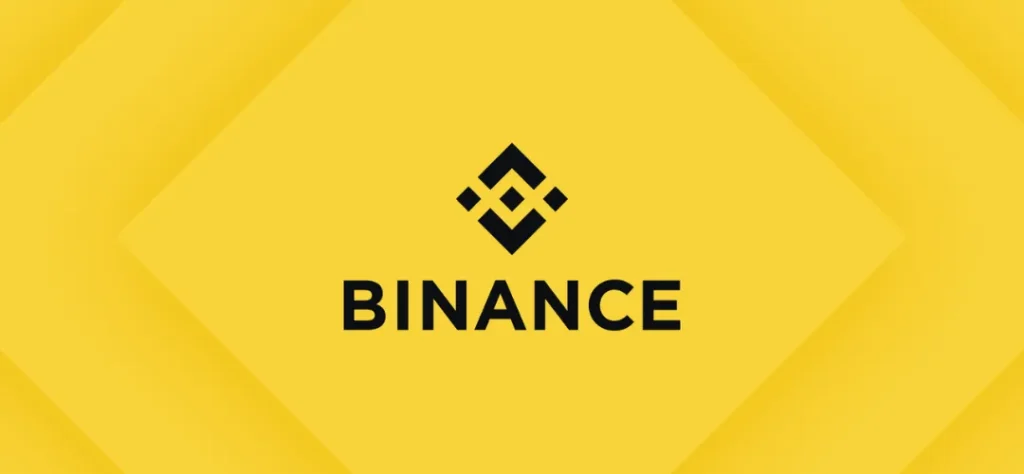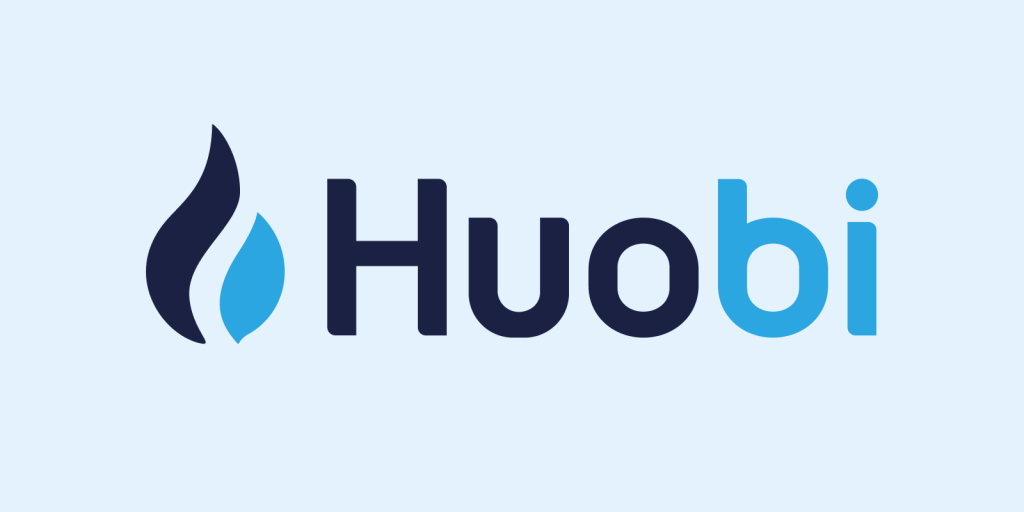Article Directory
Adobe Just 'Clarified' Its Terms of Service, and I'm Not Buying It for a Second.

I don’t know about you, but my entire online feed blew up last week—or maybe it was the week before, it all blurs together—with people absolutely losing their minds over Adobe’s new Terms of Service. And for once, the internet mob was right to grab the pitchforks.
The language in those terms was so broad, so utterly tone-deaf, that it basically said Adobe could, on a whim, access and use anything you create. Your confidential client work? Theirs to look at. Your personal projects? Theirs to sublicense. All your creative output, served up on a silver platter for them to "operate and improve" their services.
And then, after the entire creative industry had a collective aneurysm, Adobe did what every soulless corporation does when it gets caught with its hand in the cookie jar: it published a blog post. A non-apology apology. A "clarification."
Sorry You Did It, Or Sorry You Got Caught?
This whole fiasco was kicked off by a blog post from some high-level executive. I think his name was Scott Belsky, VP of… something or other. He trotted out the most predictable corporate-speak imaginable to calm everyone down. My favorite little nugget was this beauty: “We will never train generative AI on our customers’ content.”
Let’s translate that, shall we? What that really means is, “We will never train generative AI on our customers’ content, unless we change our minds later and bury the revision in another ToS update you’ll click ‘Agree’ on without reading.” It’s a pinky-promise from a multi-billion dollar company whose legal document just gave them the right to do the exact opposite. Are you seeing this pattern too? This isn't corporate communication; it's a hostage negotiation where they're telling you the gun isn't loaded.
This is just corporate gaslighting. No, gaslighting isn’t strong enough. It’s a calculated insult to our intelligence. They wrote a legally binding contract, their army of lawyers approved it, and they pushed it live. They only "clarified" their position after they got caught. They’re not sorry they did it; they’re sorry they got yelled at for it.
From Corporate Jargon to Unhinged Reddit Threads
The whole thing reminds me of the time my old cable company tried to explain why my bill went up by twenty bucks. I got this letter full of nonsense about "network infrastructure investments" and "enhanced service delivery." It's the same playbook. They dress up screwing you over in fancy language, hoping you're too tired or too dumb to call them on it. I spent forty-five minutes on the phone with some poor guy in a call center just to be told there was nothing he could do. I didn’t switch providers then because I was locked in, and that’s exactly the position Adobe has us in now.
And of course, the online forums were a complete cesspool of justified rage. You had the predictable "That's it, I'm canceling my subscription!" posts, which we all know most of them won't follow through on. Then you had the galaxy-brain takes on Reddit, with people spinning up these elaborate conspiracy theories that Adobe was already secretly scanning all their files to build a super-AI that would… I don’t know, replace all graphic designers with a single sentient Adobe Illustrator icon. The comments were unhinged, but they all stemmed from a very real, very legitimate fear: a total loss of trust.
"Trust Me" Isn't a Legal Clause
And that’s the real damage here, isn’t it? The blog post didn’t change the legal text of the terms—not at first, anyway. It was just a PR firehose aimed at a five-alarm blaze. They were asking for faith while the contract itself was asking for the keys to our entire creative lives.
They expect us to believe that their public-facing blog post carries more weight than the legal document they make us sign to use their software. Seriously, does anyone actually believe that? They showed us exactly who they are and what they believe they’re entitled to. And a few paragraphs of well-massaged marketing copy isn’t going to make anyone forget it. It's like someone robbing your house and then leaving a note saying, "Sorry for the mess, I clarified my intentions by not stealing the TV." I mean, just forget it.
Then again, what’s the alternative? We’re so deeply embedded in their ecosystem that leaving feels impossible. So we’ll all grumble, write our angry posts, and then open up Photoshop tomorrow because we have work to do. Ah, who am I kidding, nothing’s gonna change anyway.
So, We're Just Supposed to Trust Them Now?
Look, you can "clarify" a typo. You can "clarify" a confusing meeting time. You don't get to "clarify" a fundamental violation of the trust between a creator and their tools. Adobe didn't make a mistake; they made a bet that no one would notice. They lost the bet. A blog post doesn't fix that. The trust is gone. Period.
Reference article source:



